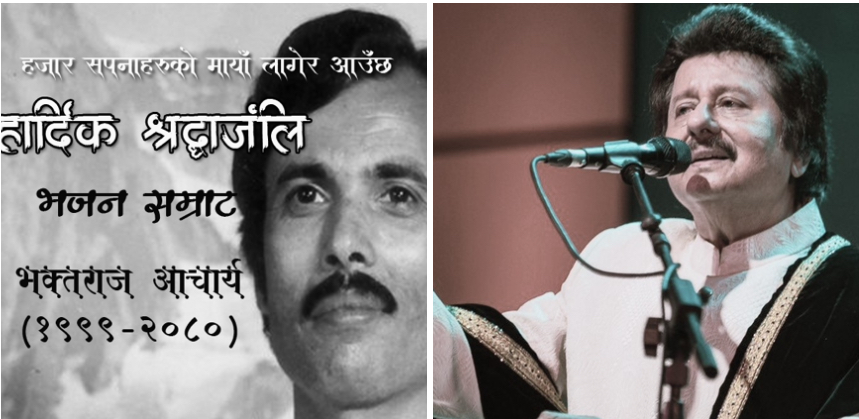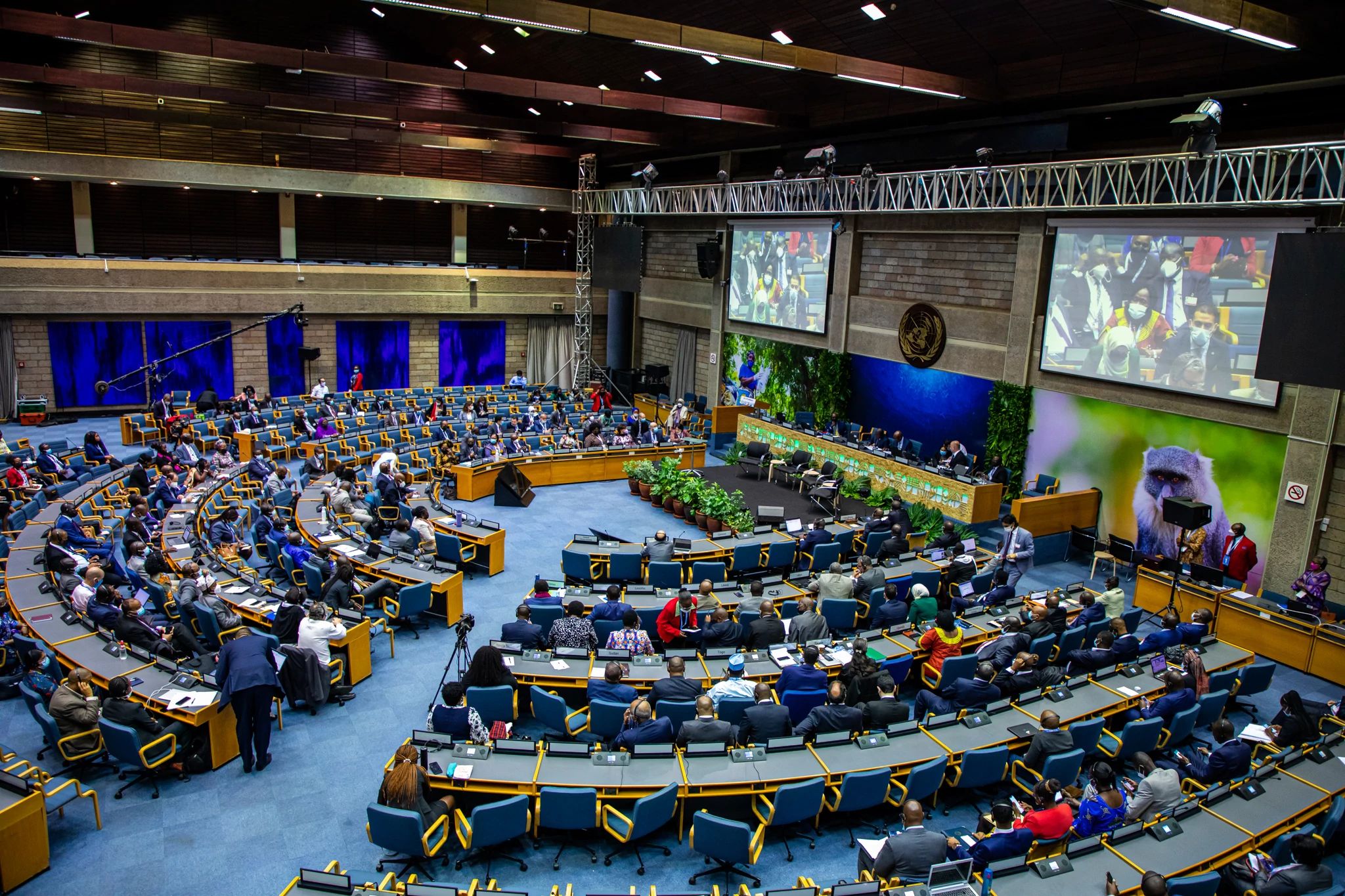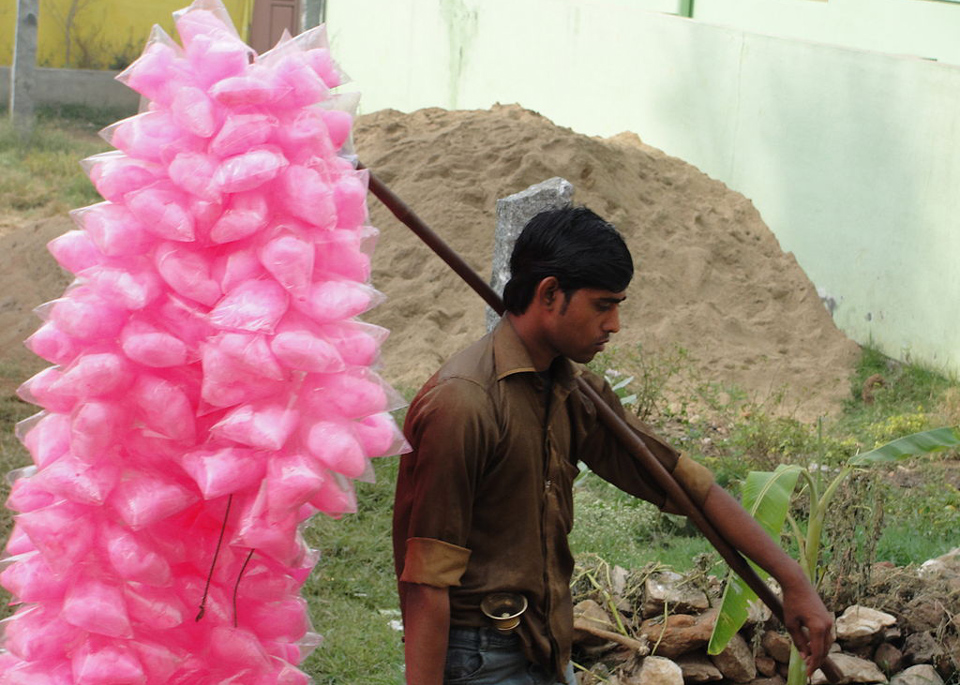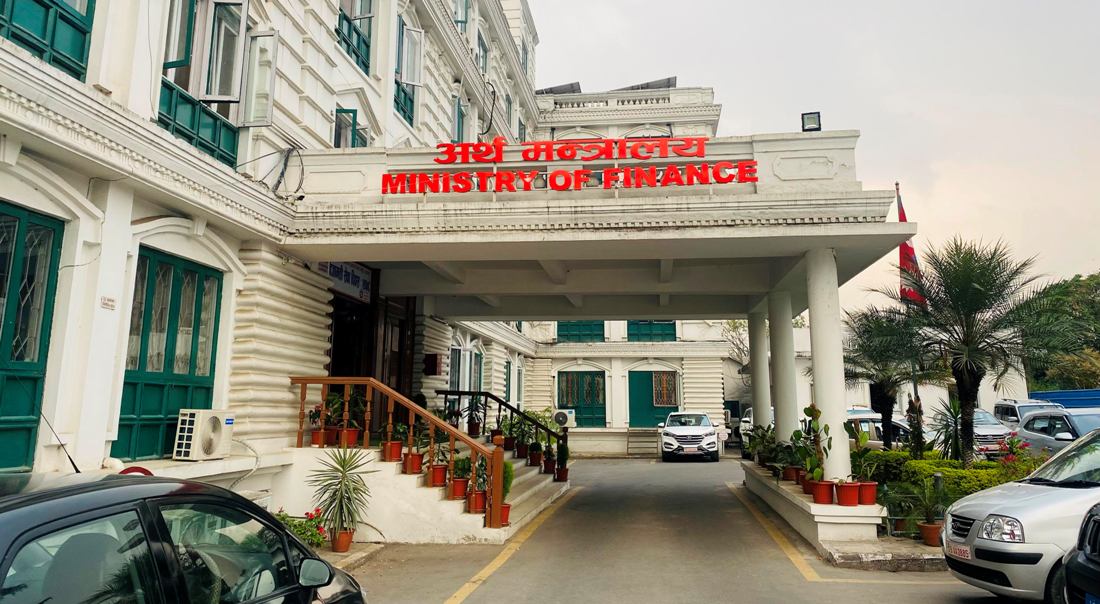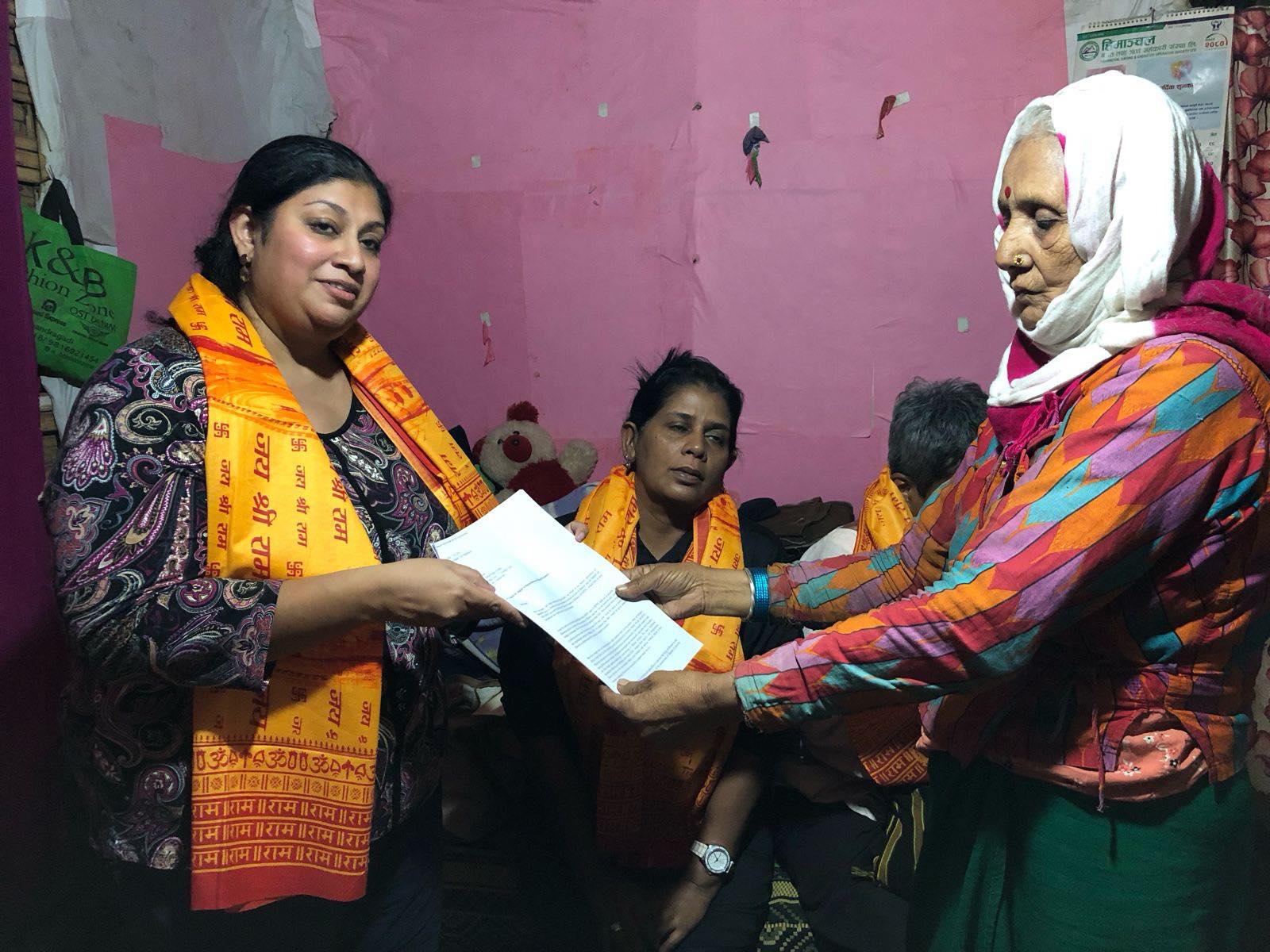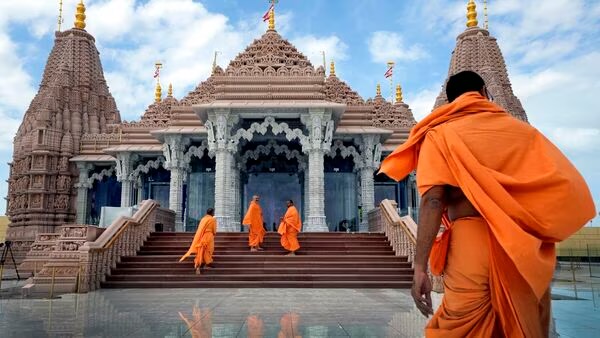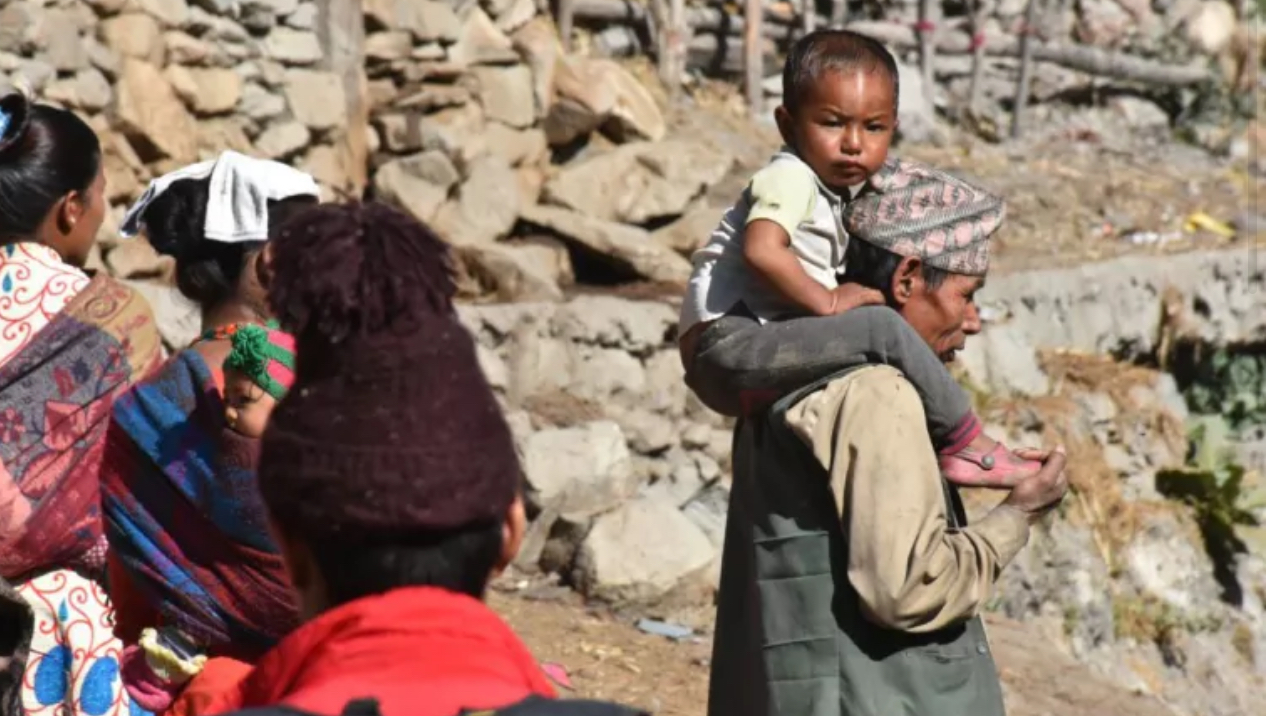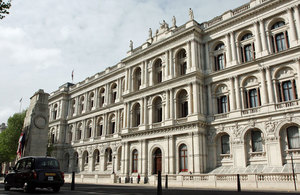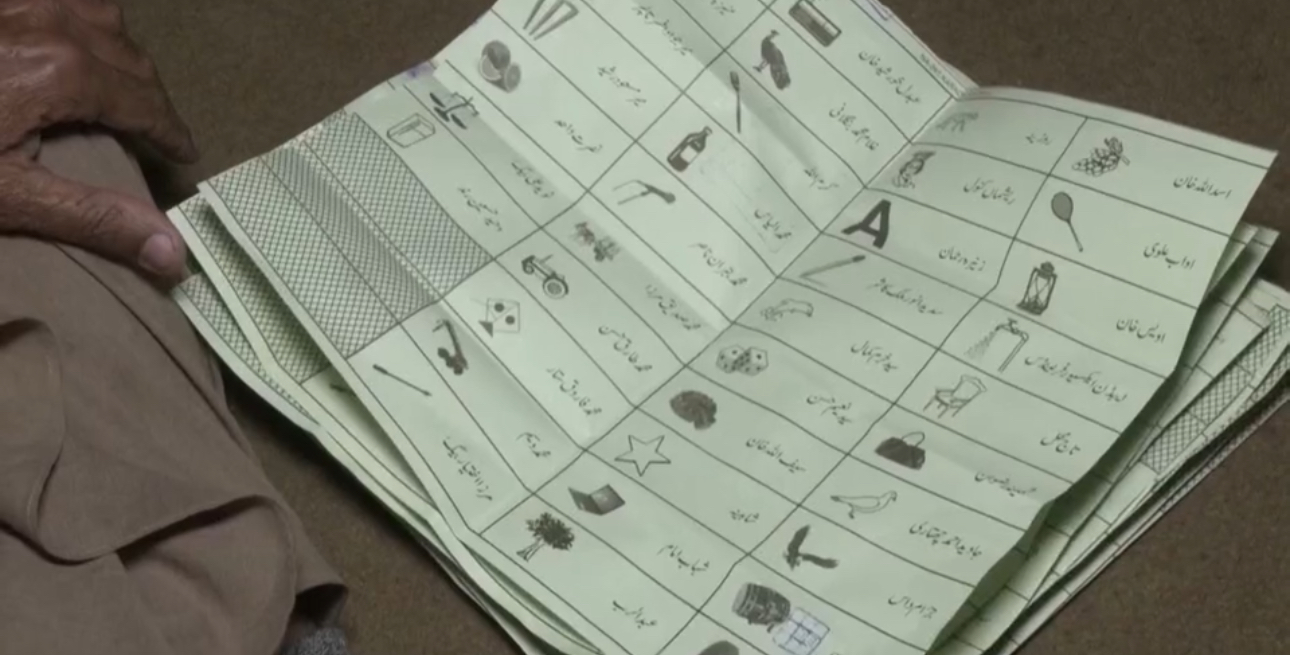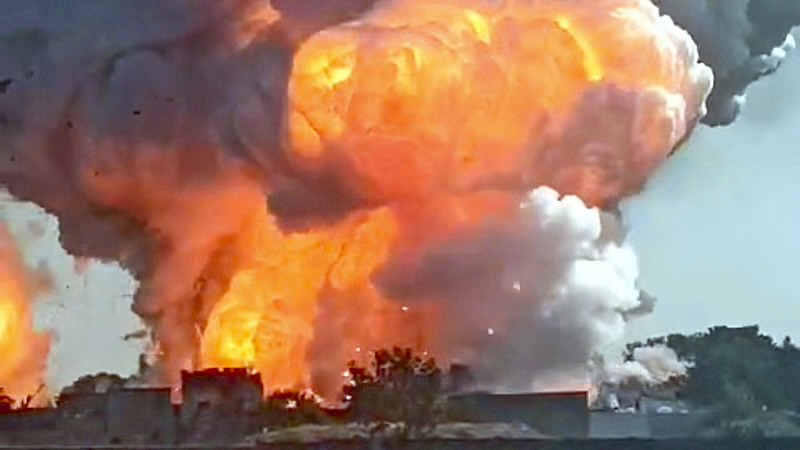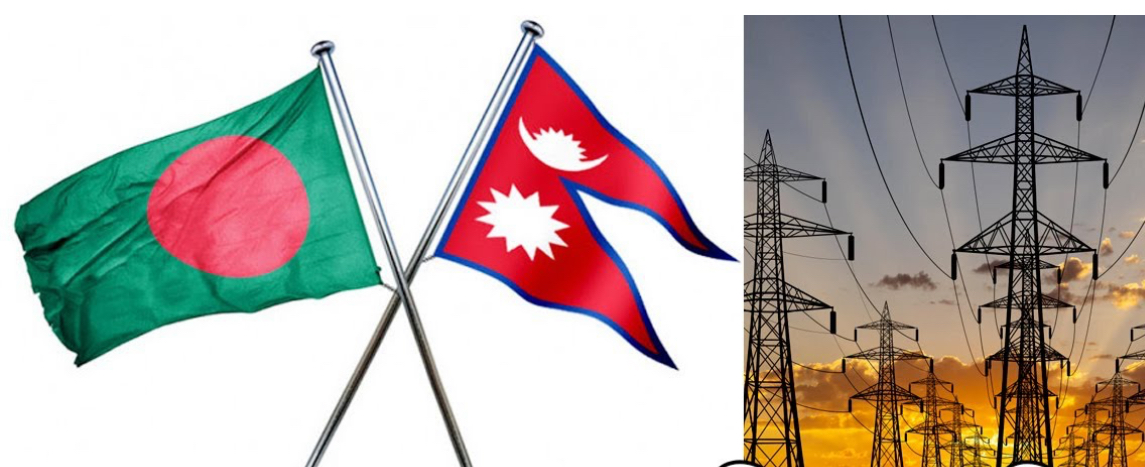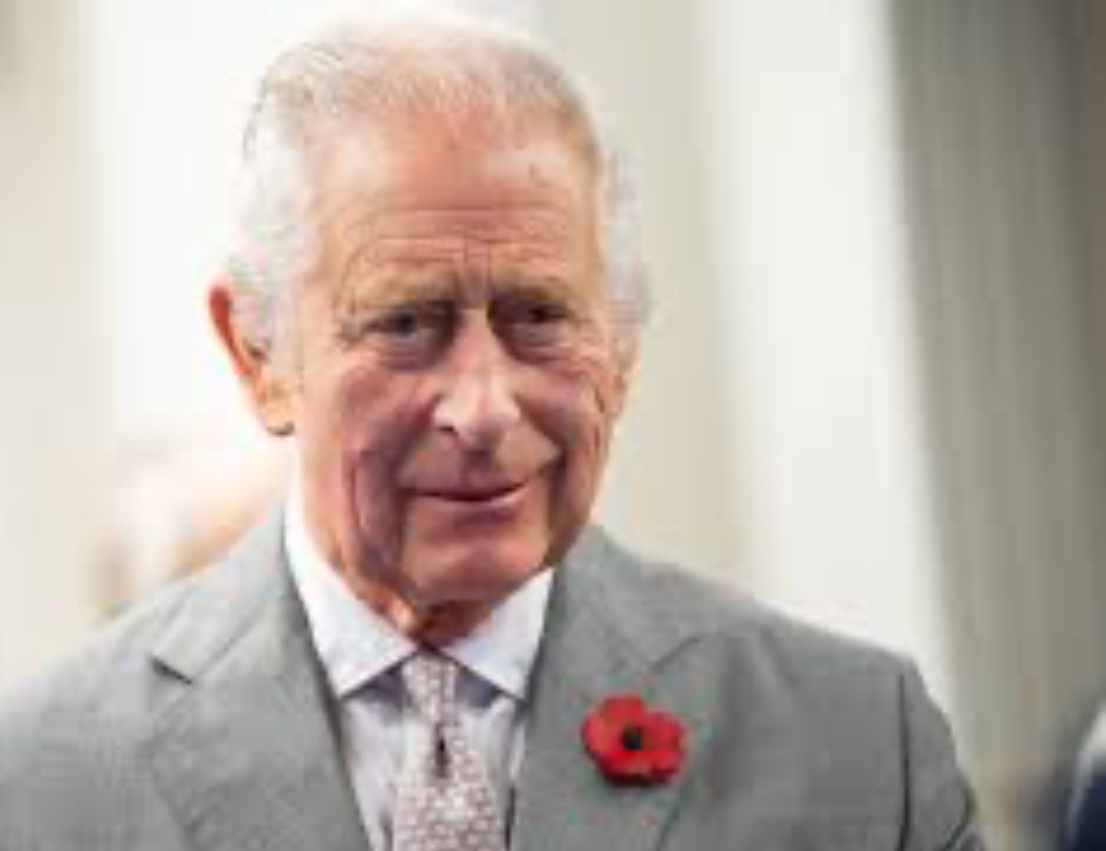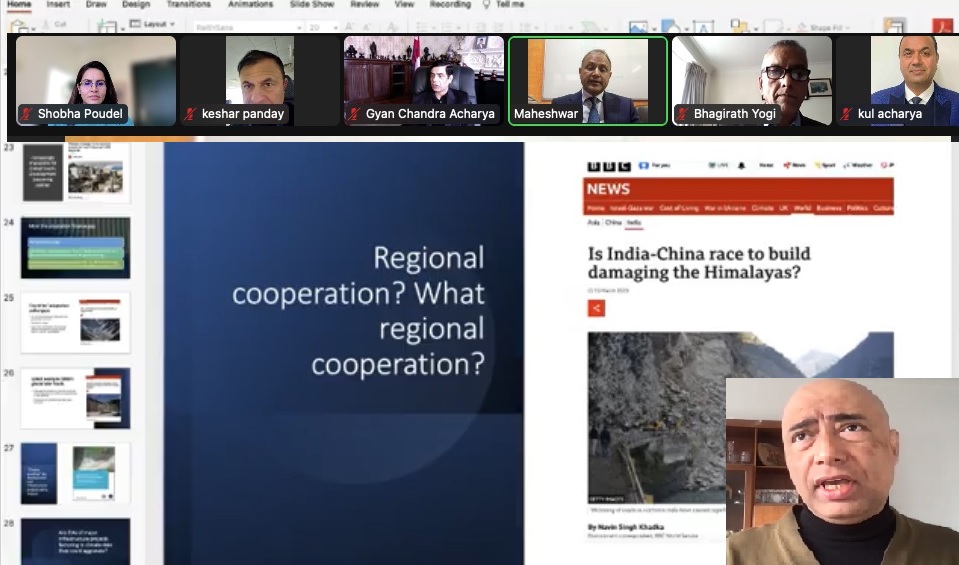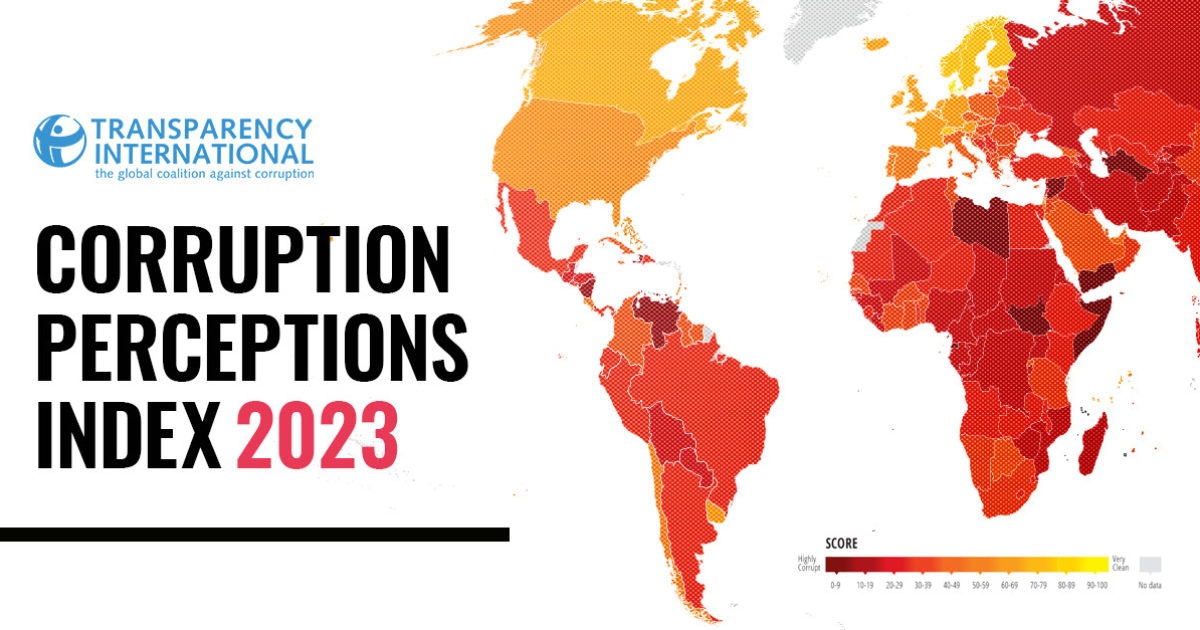Katharine Dommett, University of Sheffield
Over the past decade, social media has become an essential component of election campaigns. But in 2024, the options seem endless. With a record number of elections taking place around the world, how will digital campaigning look different this year?
1. TikTok is drawing a crowd
In 2024, campaigners have access to more digital channels than ever. Facebook and X (formally Twitter) remain a mainstay, but campaigns will also be looking to exploit newer platforms to reach the electorate.
TikTok is the obvious choice, after it was so successfully used by New Zealand prime minister Chris Luxon and Jagmeet Singh, leader of Canada’s New Democratic Party. UK campaigners will be tempted to follow suit in the 2024 campaign. Many Labour, Conservative and Lib Dem MPs already have their own accounts, and more aspiring politicians are joining by the day.
While Reform UK and the Green Party have official party accounts, the major parties have yet to join TikTok – probably because they’re focusing efforts on reaching older voters considering switching from Tory to Labour, who are not TikTok’s natural demographic. However, we’re sure to see more new accounts springing up as the election approaches.
2. Advertising beyond Facebook is more important than you think
Since January, we’ve seen a lot of focus on Facebook advertising, with Labour and the Tories already spending tens of thousands on these ads. What has been less commented on is expenditure on other digital advertising channels.
Parties are now also using Google, YouTube and optimised programmatic advertising – where automation is used to place ads on websites aligned with a campaign’s desired target audience – to communicate with audiences online.
This means that large sums are already being quietly spent on things like unskippable YouTube pre-roll videos, Google search ads, and web ads on local newspaper sites, websites and message boards. These tools are highly effective at reaching particular groups of voters, with research showing that unskippable pre-rolls are more likely to be noticed by the intended audience.
For campaigns trying to connect with and grab the attention of particular audiences, these tools will be very powerful – perhaps the defining feature of the next election campaign.
The reason you’ve probably not heard about this is because these practices are much harder to monitor than other kinds of campaigning, because of a lack of transparency. It’s therefore going to be almost impossible to monitor how these services are using during the 2024 campaign.
3. Micro-targeting no, Mumsnet yes
There has been much concern in recent years about the use of microtargeted electoral messaging. This is where people receive personalised (and potentially contradictory) messages based on their personal data. However, there is little evidence that fears about this practice have been realised. Indeed, recent studies – including my own recent book – have shown that data collection and analysis is often unsophisticated, and targeting is often focused on broad groups rather than individual people.
Rather than seeing campaigns in 2024 develop more individualised and bespoke campaign messaging than ever before, we’ll instead see them use different platforms to connect with the types of voter their data shows to be electorally significant.
If they’re trying to win support from 18- to 34-year-old men, they’ll be tempted to campaign on Twitch – a gaming platform which US congresswoman Alexandria Ocasio-Cortez used to engage that demographic group. Alternatively, if they’re looking to connect with 30- to 40-year-old women, then websites like MumsNet will be a better venue for advertising and web chats.
Of course, advertising on Meta platforms such as Facebook will also be used to reach particular demographics – but alongside this tactic, we’ll see campaigners meeting voters wherever they are online. So, party campaigns will need to manage and generate content for multiple platforms.
4. The playing field will not be level
Digital technology is often seen as levelling the political playing field. The idea is that anyone on any budget can make a success of campaigning online if they play the game well. But the reality is that, just like offline campaigning, there are significant inequalities in campaigners’ ability to benefit from digital tools.
Within campaign HQs, there are vastly different numbers of digital staff and huge disparities in expertise around digital tools. Labour and the Conservatives often have large digital teams for elections (a point evidenced by the number of jobs currently being advertised by Labour), but parties like the Greens often have a minimal central staff. This limits their capacity to create and manage content.
Even at a grassroots level, we see parties having different capacities. Labour, for example, has many more party members than others, giving them an advantage. It’s notable that Labour has been making a concerted effort to upskill its activist base, hiring large numbers of digital trainees and hosting training sessions on “creating good digital content” and developing “your digital strategy”.
The use of Labour’s grassroots activists in digital campaigns could be particularly useful for creating locally relevant content. Other parties haven’t rolled out such schemes at scale, leading them to rely on local pockets of expertise.
Of course, parties can buy external expertise to compensate for a lack of digitally savvy activists – something the Conservatives may attempt to do, especially given the recent uplift in campaign spending limits which make it possible for parties to spend more than ever before. The Tories have the capacity to make such outlays, but other parties such as the Liberal Democrats, Greens, SNP and Plaid Cymru don’t have that financial clout.
The digital campaign will evolve throughout 2024, but it’ll by no means be uniform across the different parties. In fact, we’re likely to see greater inequality in digital campaign activity than ever before.( From : The Conversation)




